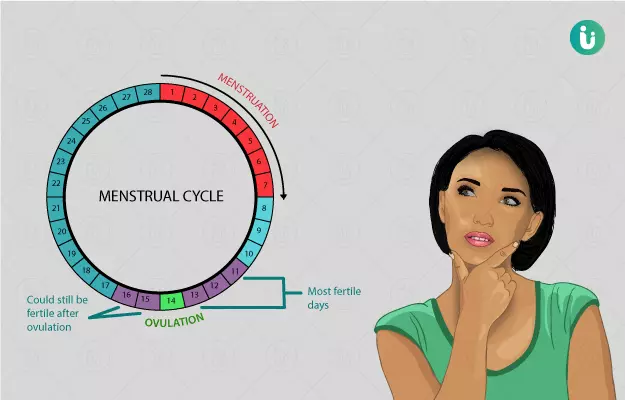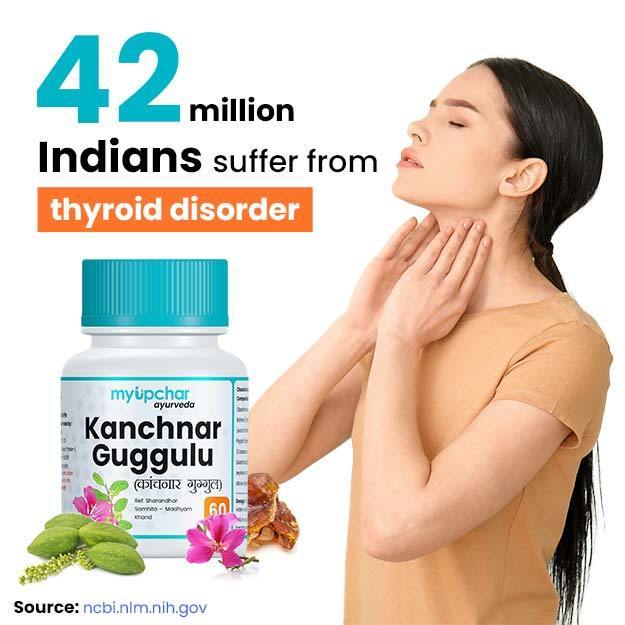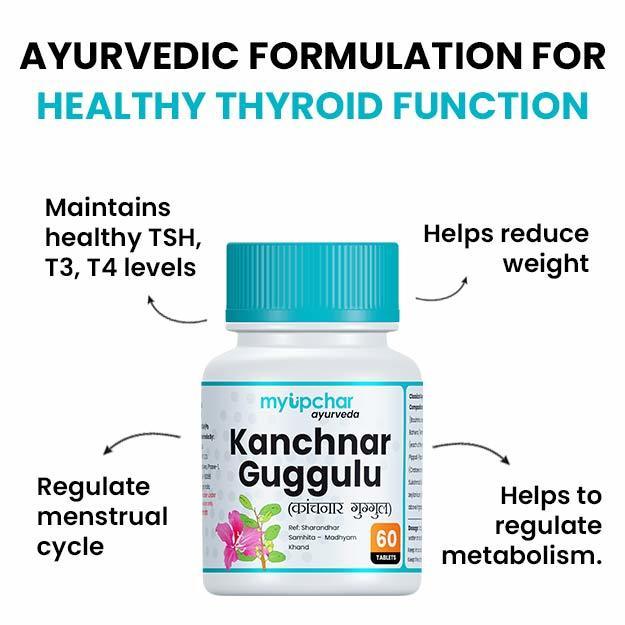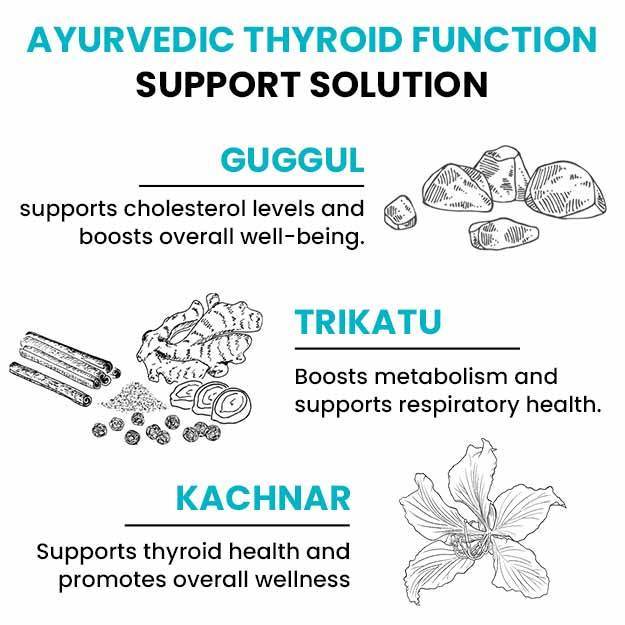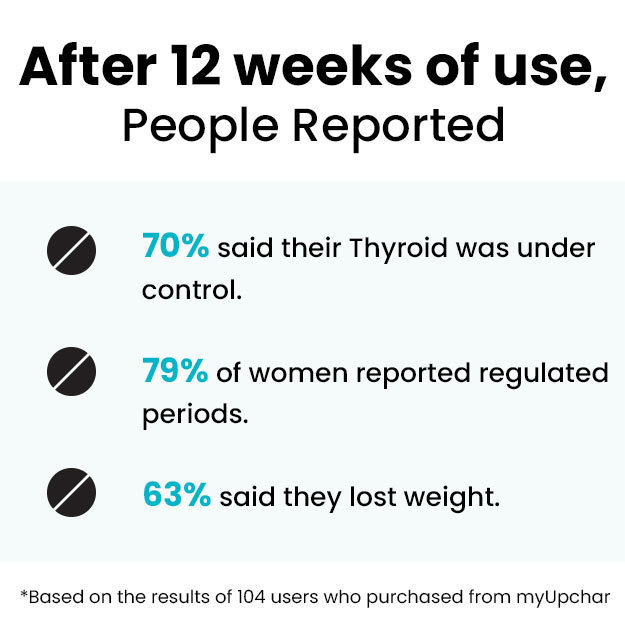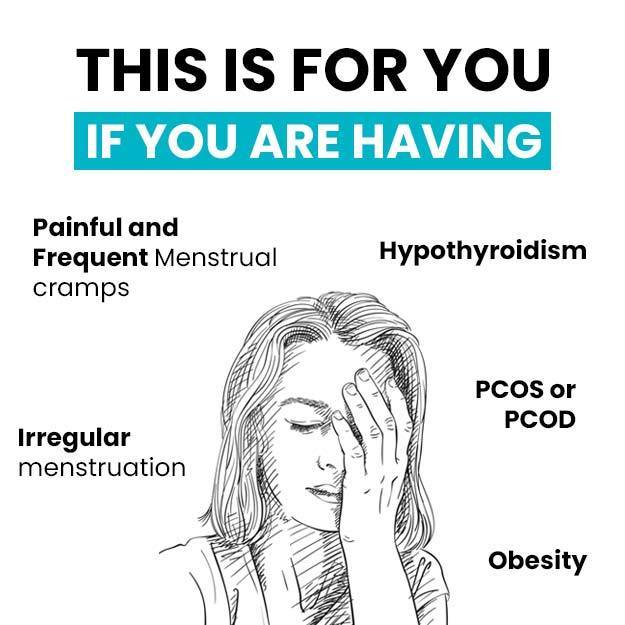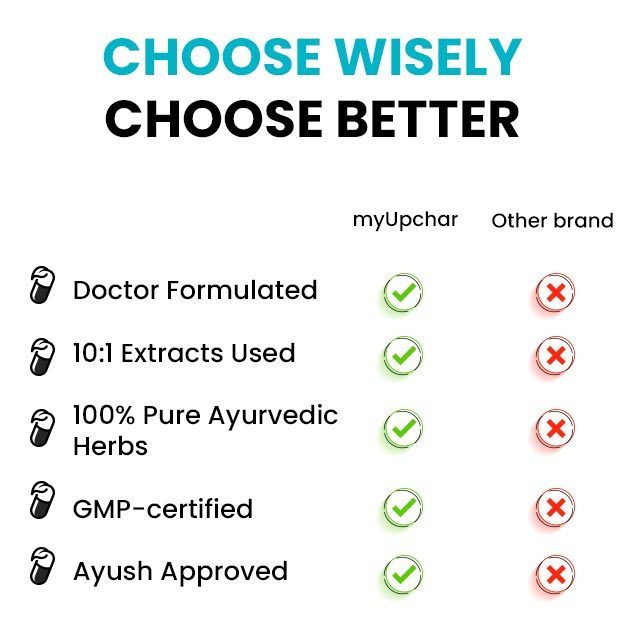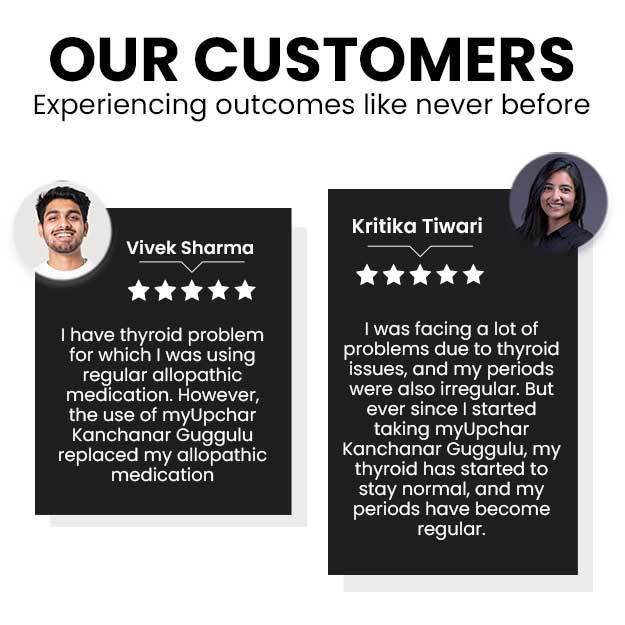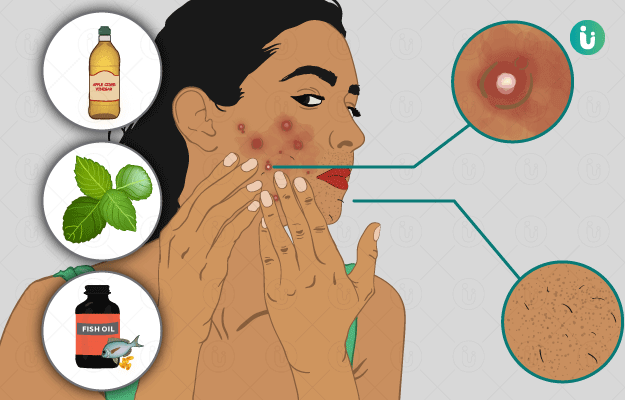Polycystic ovaries syndrome is an extremely common hormonal disorder that affects one in every five women of reproductive age and affects the ability of the ovaries to function perfectly. One of the major problems associated with polycystic ovaries syndrome (PCOS) is infertility. Infertility is the inability to conceive a child without the help of medical interventions.
Not only that, but there are other complications of PCOS which affect pregnancy like an increased risk of miscarriage, gestational diabetes mellitus, hypertensive disorders of pregnancy and preterm delivery.
According to data collected for a study on infertility related to PCOS, almost 80% of women with PCOS suffered from infertility. This occurred due to their inability to produce mature eggs from the ovary. And if a healthy egg isn’t produced, it can’t be fertilized by the sperm.
However, it isn’t impossible for women who have PCOS to get pregnant on their own. Some women can get pregnant naturally but many others might need the guidance and counselling of medical professionals who expertise in managing PCOS to do it. According to the American Society for Reproductive Medicine, a female with PCOS should be evaluated for infertility and other causes like subfertility (delay in conceiving) if she is unable to get pregnant after trying to conceive for 6 months.

